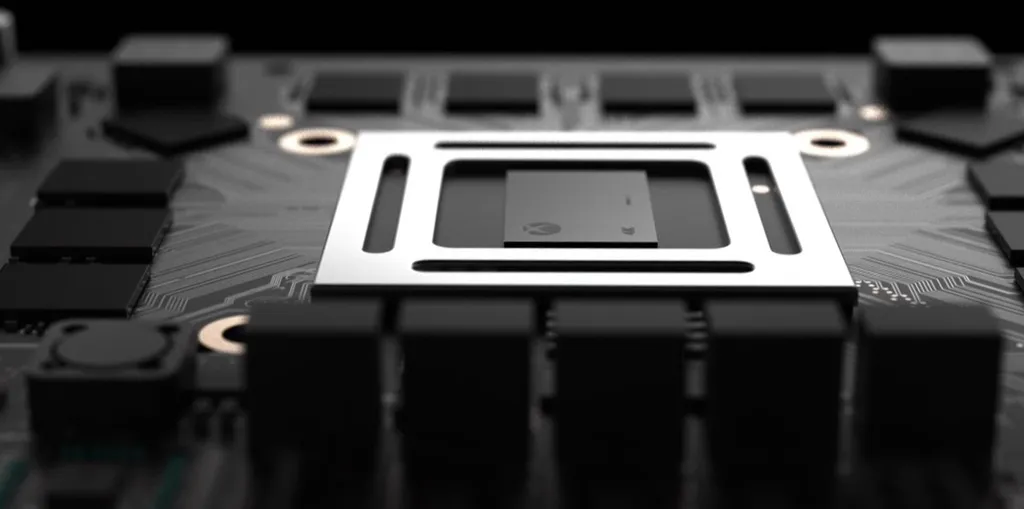Microsoft officially joined the VR race with the announcement of its Project Scorpio console yesterday, but don’t expect to see a headset made by the company itself any time soon.
Speaking with Wired, Head of Xbox Phil Spencer confirmed that that Microsoft is “not focused on a first-party VR hardware device.” That means that whatever head-mounted display (HMD) does end up running on the more powerful Xbox One console, it very likely won’t be Microsoft-made. Instead, it sounds like the company will partner with a pre-existing VR specialist to integrate Project Scorpio compatibility into the given device.
Right now that means at least one of two candidates: Oculus or HTC. It’s entirely possible that Microsoft is working with companies on unannounced devices, but the report that originally confirmed Project Scorpio’s existence did state that the company was seeking a partnership with Oculus to make its Oculus Rift compatible with the box. Then again, the only VR game confirmed for Project Scorpio right now is the VR port of Fallout 4, and that’s only been confirmed for the Vive and specifically not the Rift. Could that be a big hint as to which HMD will be supported?
Obviously, it’s highly unlikely that Project Scoprio would end up supporting its big rival, PlayStation VR, which runs on Sony’s PlayStation 4 console.
Elsewhere, Spencer noted that the decision at add 6 teraflops into Project Scorpio was made after talking to VR developers. He stated that Microsoft didn’t want to “force VR into a middle ground” between mobile experiences as seen on Gear VR and Google Daydream and high-end PCs like on the Rift and Vive. As such you can expect Project Scorpio to be capable of producing experiences that measure up to the latter of these two categories, though the PS VR games that Sony showed at its press conference last night were hardly lacking in spectacle.
Project Scorpio is due in time for holiday 2017, so it will likely be some time before we get a better look at Microsoft’s plans for VR. Its next steps will be crucial in the VR race, though, and it could succeed in significantly undermining PlayStation VR if its plays its cards right.


























